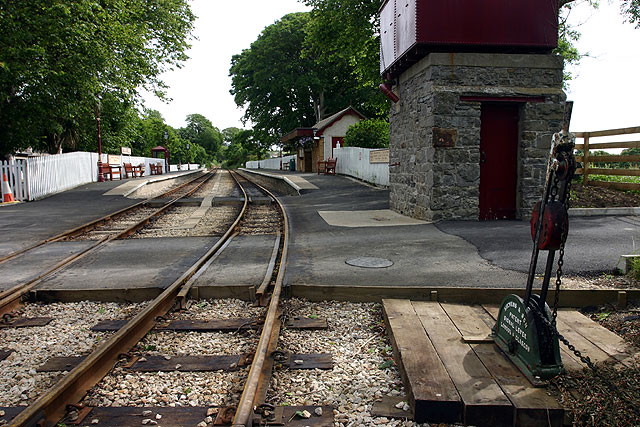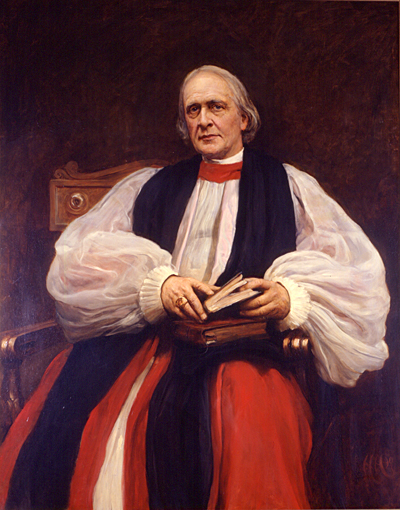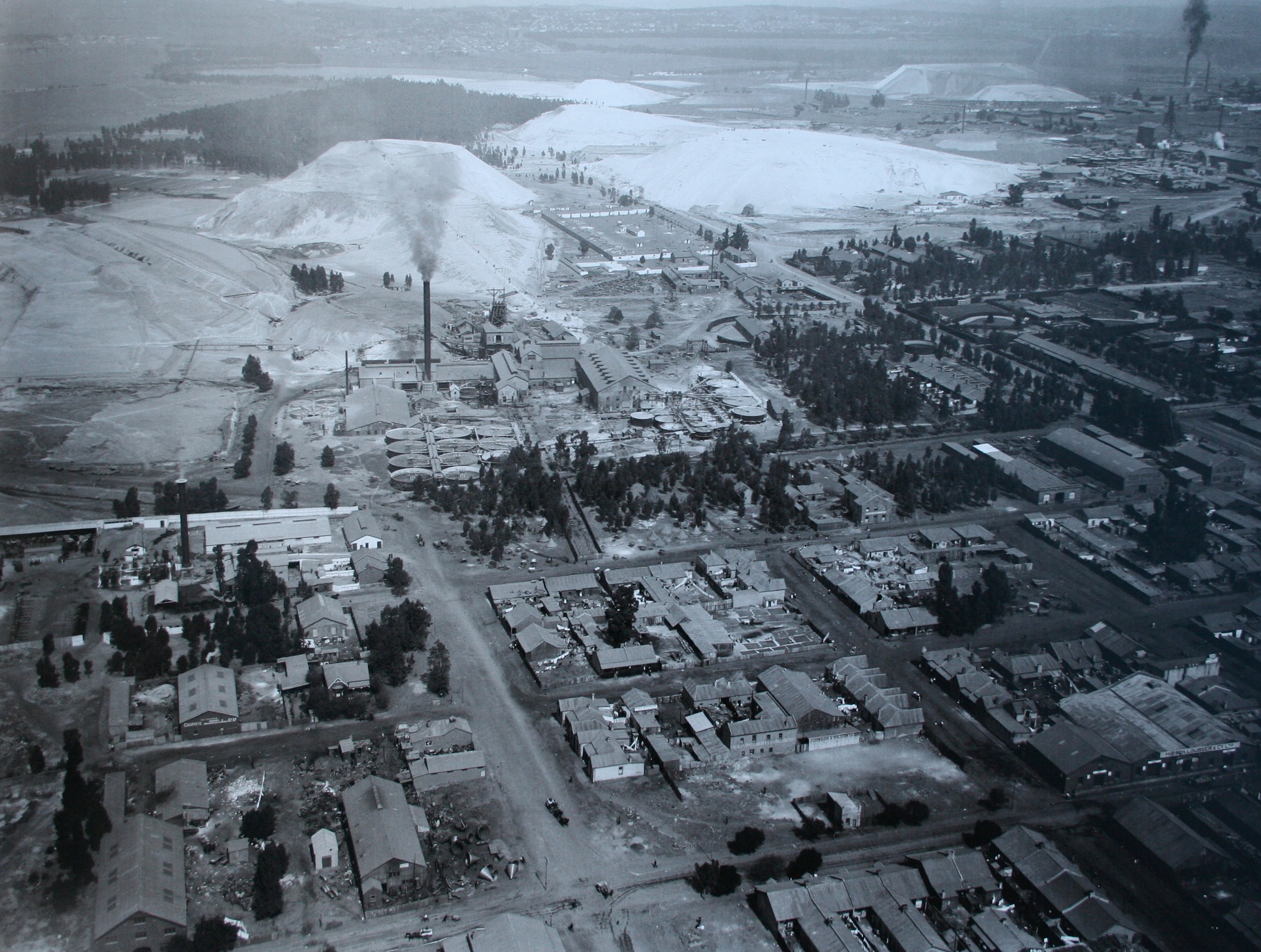|
Felix Ready
General Sir Felix Fordati Ready, (16 July 1872 – 6 April 1940) was a British Army officer who served as Quartermaster-General to the Forces from 1931 to 1935. He was considered an expert in military tactics. Military career Ready was the son of Colonel John Tobin Ready and the grandson of John Ready, former Lieutenant Governor of the Isle of Man. Educated at Wellington College, Ready was commissioned into the Royal Berkshire Regiment as a second lieutenant on 5 December 1891. He was promoted to lieutenant on 28 July 1894, and was part of the Kitchener Expedition to defeat the Mahdi in Sudan 1898–99, taking part in the battles of Atbara (April 1898) and Omdurman (September 1898).Hart′s Army list, 1903 With the 2nd battalion of his regiment, he served in South Africa during the Second Boer War 1899–1900, taking part in operations in the Orange Free State from February to July 1900 and Transvaal from July to November 1900. He returned to South Africa in 1902, as the wa ... [...More Info...] [...Related Items...] OR: [Wikipedia] [Google] [Baidu] |
Ballasalla
Ballasalla () is a village in the parish of Malew in the south-east of the Isle of Man. The village is situated close to the Isle of Man Airport and north-east of the town of Castletown. History Ballasalla grew up around nearby Rushen Abbey. The abbey was originally for monks of the Congregation of Savigny, but later came under Cistercian control. The abbey was an important centre of knowledge and literacy on the Isle of Man and also of economic importance to the local area as it was also the site of a major annual market. After the dissolution of the monasteries under King Henry VIII, the abbey was dissolved, fell into disrepair and was eventually ruined. Much of stonework from the original abbey structures were used in the construction of new buildings for the village of Ballasalla in the following centuries. Ballasalla was the site of a cotton mill in the late 18th century of which the ruins can still be seen today. The mill was built by Deemster Thomas Moore (1726-1794) ... [...More Info...] [...Related Items...] OR: [Wikipedia] [Google] [Baidu] |
Wellington College, Berkshire
Wellington College is a public school (English independent day and boarding school) in the village of Crowthorne, Berkshire, England. Wellington is a registered charity and currently educates roughly 1,200 pupils, between the ages of 13 and 18, per annum. The college was built as a national monument to the first Duke of Wellington (1769–1852), in whose honour it is named. Queen Victoria laid the foundation stone in 1856 and inaugurated the School's public opening on 29 January 1859. Many former Wellington pupils fought in the trenches during the First World War, a conflict in which 707 of them lost their lives, many volunteering for military service immediately after leaving school. A further 501 former pupils were killed in action in the Second World War. The school is a member of the Rugby Group of 18 British public schools and is also a member of the G20 Schools group. History Wellington College was granted a royal charter in 1853 as "''The Royal and Religious Foun ... [...More Info...] [...Related Items...] OR: [Wikipedia] [Google] [Baidu] |
Queen's South Africa Medal
The Queen's South Africa Medal is a British campaign medal awarded to British and Colonial military personnel, and to civilians employed in an official capacity, who served in the Second Boer War in South Africa. Altogether twenty-six clasps were awarded, to indicate participation in particular actions and campaigns. Institution The Queen's South Africa Medal was instituted by Queen Victoria in 1900, for award to military personnel and civilian officials who served in South Africa during the Second Boer War from 11 October 1899 to 31 May 1902.The Queen's South Africa Medal 1899 - 1902 Retrieved March 13, 2015. Three versions of the medal are known. Since the war was initially expected to be of short duration and to reach its conclusion in 1900, the first medals were struck w ... [...More Info...] [...Related Items...] OR: [Wikipedia] [Google] [Baidu] |
Mentioned In Despatches
To be mentioned in dispatches (or despatches, MiD) describes a member of the armed forces whose name appears in an official report written by a superior officer and sent to the high command, in which their gallant or meritorious action in the face of the enemy is described. In some countries, a service member's name must be mentioned in dispatches as a condition for receiving certain decorations. United Kingdom, British Empire, and Commonwealth of Nations Servicemen and women of the British Empire or the Commonwealth who are mentioned in despatches (MiD) are not awarded a medal for their actions, but receive a certificate and wear an oak leaf device on the ribbon of the appropriate campaign medal. A smaller version of the oak leaf device is attached to the ribbon when worn alone. Prior to 2014, only one device could be worn on a ribbon, irrespective of the number of times the recipient was mentioned in despatches. Where no campaign medal is awarded, the oak leaf is worn direc ... [...More Info...] [...Related Items...] OR: [Wikipedia] [Google] [Baidu] |
Captain (BARM)
Captain (Capt) is a junior officer rank of the British Army and Royal Marines and in both services it ranks above lieutenant and below major with a NATO ranking code of OF-2. The rank is equivalent to a lieutenant in the Royal Navy and to a flight lieutenant in the Royal Air Force. The rank of captain in the Royal Navy is considerably more senior (equivalent to the Army/RM rank of colonel) and the two ranks should not be confused. In the 21st-century British Army, captains are often appointed to be second-in-command (2IC) of a company or equivalent sized unit of up to 120 soldiers. History A rank of second captain existed in the Ordnance at the time of the Battle of Waterloo. From 1 April 1918 to 31 July 1919, the Royal Air Force maintained the junior officer rank of captain. RAF captains had a rank insignia based on the two bands of a naval lieutenant with the addition of an eagle and crown above the bands. It was superseded by the rank of flight lieutenant on the followin ... [...More Info...] [...Related Items...] OR: [Wikipedia] [Google] [Baidu] |
Colony Of Transvaal
The Transvaal Colony () was the name used to refer to the Transvaal region during the period of direct British rule and military occupation between the end of the Second Boer War in 1902 when the South African Republic was dissolved, and the establishment of the Union of South Africa in 1910. The borders of the Transvaal Colony were larger than the defeated South African Republic (which had existed from 1856 to 1902). In 1910 the entire territory became the Transvaal Province of the Union of South Africa. History Both the Boer republics, the South African Republic (ZAR) and the Orange Free State were defeated in the Anglo-Boer War and surrendered to the UK. The peace treaty (Treaty of Vereeniging) contained the following terms: # That all burghers of the ZAR and Orange Free State lay down their arms and accept King Edward VII as their sovereign. # That all burghers outside the borders of the ZAR and Orange Free State, upon declaring their allegiance to the King, be transpo ... [...More Info...] [...Related Items...] OR: [Wikipedia] [Google] [Baidu] |
Orange Free State
The Orange Free State ( nl, Oranje Vrijstaat; af, Oranje-Vrystaat;) was an independent Boer sovereign republic under British suzerainty in Southern Africa during the second half of the 19th century, which ceased to exist after it was defeated and surrendered to the British Empire at the end of the Second Boer War in 1902. It is one of the three historical precursors to the present-day Free State province. Extending between the Orange and Vaal rivers, its borders were determined by the United Kingdom of Great Britain and Ireland in 1848 when the region was proclaimed as the Orange River Sovereignty, with a British Resident based in Bloemfontein. Bloemfontein and the southern parts of the Sovereignty had previously been settled by Griqua and by '' Trekboere'' from the Cape Colony. The ''Voortrekker'' Republic of Natalia, founded in 1837, administered the northern part of the territory through a ''landdrost'' based at Winburg. This northern area was later in federation wi ... [...More Info...] [...Related Items...] OR: [Wikipedia] [Google] [Baidu] |
South Africa
South Africa, officially the Republic of South Africa (RSA), is the southernmost country in Africa. It is bounded to the south by of coastline that stretch along the South Atlantic and Indian Oceans; to the north by the neighbouring countries of Namibia, Botswana, and Zimbabwe; and to the east and northeast by Mozambique and Eswatini. It also completely enclaves the country Lesotho. It is the southernmost country on the mainland of the Old World, and the second-most populous country located entirely south of the equator, after Tanzania. South Africa is a biodiversity hotspot, with unique biomes, plant and animal life. With over 60 million people, the country is the world's 24th-most populous nation and covers an area of . South Africa has three capital cities, with the executive, judicial and legislative branches of government based in Pretoria, Bloemfontein, and Cape Town respectively. The largest city is Johannesburg. About 80% of the population are Black South Afri ... [...More Info...] [...Related Items...] OR: [Wikipedia] [Google] [Baidu] |
Battle Of Omdurman
The Battle of Omdurman was fought during the Anglo-Egyptian conquest of Sudan between a British–Egyptian expeditionary force commanded by British Commander-in-Chief (sirdar) major general Horatio Herbert Kitchener and a Sudanese army of the Mahdist State, Mahdist Islamic State, led by Abdullah al-Taashi, the successor to the self-proclaimed Mahdi, Muhammad Ahmad. The battle took place on 2 September 1898, at Kerreri, north of Omdurman in Sudan. Following the establishment of the Mahdist Islamic State in Sudan, and the subsequent threat to the regional status quo and to British-occupied Egypt, the British government decided to send an expeditionary force with the task of overthrowing the Khalifa. The commander of the force, Sir Herbert Kitchener, was also seeking revenge for the death of Charles George Gordon, General Gordon, killed when a Mahdist army had Siege of khartoum, captured Khartoum thirteen years earlier. On the morning of 2 September, some 35,000–50,000 Sudanese ... [...More Info...] [...Related Items...] OR: [Wikipedia] [Google] [Baidu] |
Battle Of Atbara
The Battle of Atbara also known as the Battle of the Atbara River took place during the Second Sudan War. Anglo-Egyptian forces defeated 15,000 Sudanese rebels, called Mahdists or Dervishes, on the banks of the River Atbara. The battle proved to be the turning point in the conquest of Sudan by a British and Egyptian coalition. By 1898, the combined British and Egyptian army was advancing down the Nile river into Sudan. The Sudanese Mahdist leader, the Khalifa Abdallahi ibn Muhammad ordered the Emir Mahmud Ahmad and his 10,000 strong army of western Sudan northward towards the junction of the Nile and River Atbara rivers to engage the British and Egyptian army led by Herbert Kitchener. Encamping on the banks of the Atbara river by March 20, Mahmud, with Osman Digna's group of Dervish warriors were within of the British camp outpost at Fort Atbara at the confluence of the Atbara with the Nile. On April 4, after seeing that the Mahdists were unwilling to attack, Kitchener quiet ... [...More Info...] [...Related Items...] OR: [Wikipedia] [Google] [Baidu] |
Mahdist War
The Mahdist War ( ar, الثورة المهدية, ath-Thawra al-Mahdiyya; 1881–1899) was a war between the Mahdist Sudanese of the religious leader Muhammad Ahmad bin Abd Allah, who had proclaimed himself the "Mahdi" of Islam (the "Guided One"), and the forces of the Khedivate of Egypt, initially, and later the forces of Britain. Eighteen years of war resulted in the nominally joint-rule state of the Anglo-Egyptian Sudan (1899–1956), a ''de jure'' condominium of the British Empire and the Kingdom of Egypt in which Britain had ''de facto'' control over the Sudan. The Sudanese launched several unsuccessful invasions of their neighbours, expanding the scale of the conflict to include not only Britain and Egypt but also the Italian Empire, the Congo Free State and the Ethiopian Empire. The British participation in the war is called the Sudan campaign. Other names for this war include the Mahdist Revolt, the Anglo–Sudan War and the Sudanese Mahdist Revolt. Background Followi ... [...More Info...] [...Related Items...] OR: [Wikipedia] [Google] [Baidu] |
Lieutenant (British Army And Royal Marines)
Lieutenant (; Lt) is a junior officer rank in the British Army and Royal Marines. It ranks above second lieutenant and below captain and has a NATO ranking code of OF-1 and it is the senior subaltern rank. Unlike some armed forces which use first lieutenant, the British rank is simply lieutenant, with no ordinal attached. The rank is equivalent to that of a flying officer in the Royal Air Force (RAF). Although formerly considered senior to a Royal Navy (RN) sub-lieutenant, the British Army and Royal Navy ranks of lieutenant and sub-lieutenant are now considered to be of equivalent status. The Army rank of lieutenant has always been junior to the Navy's rank of lieutenant. Usage In the 21st-century British Army, the rank is ordinarily held for up to three years. A typical appointment for a lieutenant might be the command of a platoon or troop of approximately thirty soldiers. Before 1871, when the whole British Army switched to using the current rank of "lieutenant", the Roy ... [...More Info...] [...Related Items...] OR: [Wikipedia] [Google] [Baidu] |



_Oak_Leaf_Cluster.jpg)


